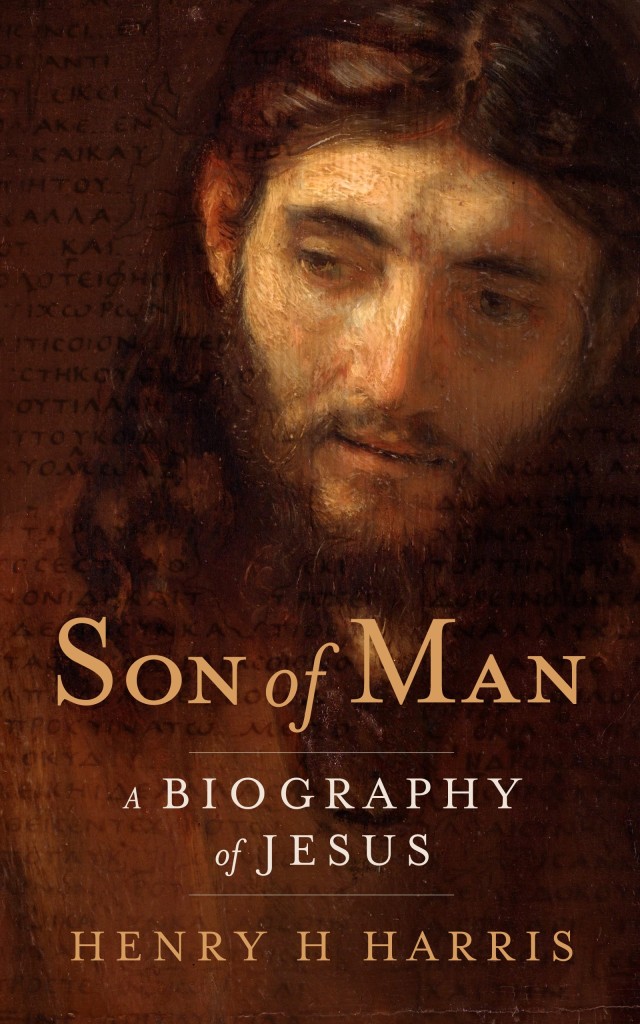
Thousands of commentaries have been written about the Bible, and it’s easy to become confused because these resources are written to various audiences. Choosing the “best” will depend upon the kind of analysis you desire. Commentaries are often divided into three categories:
-
Devotional/Introductory–the primary focus is application of the Word and growing in Christ. Lots of “how to” questions are answered.
-
Pastoral/Intermediate–these commentaries also contain application but are more information oriented. Some go deep into the history or cultural background of the text, while others pay more attention to linguistics. Lots of “what does it mean” questions are answered. Useful for any Christ follower and especially helpful to those who teach.
-
Technical/Advanced–primary value is to teachers and advanced students. Some technical commentaries focus on textual criticism (the reliability of the text), while others address linguistics (the text itself). Lots of minutiae. These commentaries contain Greek text (sometimes transliterated, sometimes not) and require familiarity with Koine Greek to extract their full benefit, but even those with no knowledge of Greek will find these commentaries useful.
My recommendations identify which category each book falls into. Some commentaries overlap; when they do, both categories will be noted (e.g., Pastoral/Technical). The recommendations are listed in order of their helpfulness to Bible students, teachers, and pastors.
1 & 2 Thessalonians
Paul’s letters to the church in Thessalonica have generated some excellent commentaries, and choosing between them will take some research. Below are five to consider.



